Photographs: Reuters Jamal Mecklai
As the oil moneybags get lighter, it will be increasingly difficult for Saudi Arabia and other Gulf states to continue to support incendiary radicals. And over time, there will be greater integration of Muslim life and culture into the "mainstream".
Global oil prices have fallen sharply over the past few weeks.
Driven by a continuing increase in shale oil flows in the United States, West Texas Intermediate (WTI) crude has fallen by nearly 10 per cent in the past month; in sympathy, Brent has slipped by over 6 per cent.
Somewhat surprisingly, this sharp move has generated very little awaaz in either the domestic or global financial press, contrary to what would have happened if the rupee fell to 68 (again) or gold fell below $1,200 an ounce.
Perhaps the market has already built in expectations of lower oil prices, more so since the US-Iran rapprochement that appears to be on the cards could be a real game-changer.
However, over and above geopolitical changes in West Asia and North Africa, there are several reasons why oil prices could go into a secular decline.
First of all, other petroleum-based energy sources, like shale oil and gas, are substantially cheaper - reportedly equivalent to $20/bbl in the US and $50/bbl in Europe - and abundant.
…
How low oil prices can revolutionise Islamic countries
Photographs: Reuters
Second, increasing biofuel use, particularly in Asia (where today, even without any subsidy, palm oil-based fuels are much cheaper), would keep putting pressure on oil prices.
Third, alternative sources of energy, such as wind and solar power, appear to have reached an inflection point and are rapidly becoming much more competitive.
Finally, and most important, environmental demands are getting louder by the day - we may soon be at a truly joyous inflection point, where the cost of environmental degradation is built into energy (and other) pricing.
All this suggests that the average price of oil over the next 10 years will be lower - and possibly much lower - than the average price over the past 10 years, which (Brent) was under $80 a barrel (minimum $37, maximum $145).
This expectation of a secular decline has been around for several years - it just hasn't been triggered yet. Buy medium-term puts on oil (and coal).
The major macroeconomic fallout of (say) $60 oil would be an attenuation of inflation expectations worldwide - this may explain why Ben Bernanke's hijinks have not triggered serious terror in bond markets.
…
How low oil prices can revolutionise Islamic countries
Photographs: Reuters
For countries like India, cheaper oil would greatly help the current account deficit and, of course, reduce the persistent pressure on the rupee. Buy medium-term calls on the rupee.
But of far greater consequence would be a sustained regeneration of the Arab Spring and a new renaissance in the Muslim world - the image of which has, for several decades, been hostage to the free-spending fundamentalist Wahhabis.
As the oil moneybags get lighter, it will be increasingly difficult for Saudi Arabia and other Gulf states to continue to support these incendiary radicals. The era of the excessive geopolitical impact of oil may well be drawing to a close.
Of course, change is always messy, particularly when there are strong vested interests in control.
But willy-nilly, change is coming - and, 10 or 15 years from now, West Asia and North Africa will be unrecognisable.
Dubai is the forward-looking model - horrifying as it sounds, continue to buy real estate there.
…
How low oil prices can revolutionise Islamic countries
Photographs: Reuters
As the Muslim world modernises under the influence of globalisation and technology, the rest of the world will begin to recognise that most Muslims are, just like people of other faiths, simply looking to get on with their lives and provide their children with the best possible future.
Over time, there will be greater integration of Muslim life and culture into the "mainstream".
And as Muslims begin to be seen as more "normal", elements of Sharia law - which is highly praiseworthy in many areas - will filter into many aspects of the cultural and business environment.
In particular, a real Islamic finance will blossom. Currently, most of what passes as Islamic finance is what I would call a fig-leaf model, where global banks flog basically normal financial instruments with an Islamic stamp from various authorities.
…
How low oil prices can revolutionise Islamic countries
Image: Warren Buffett (left) and Bill Gates.Photographs: Reuters
As Sharia becomes more openly discussed, some of its financial elements - many of which are actually quite modern - will take on a new life.
For instance, private equity - pure risk and profit sharing - is a fully Islamic finance instrument, provided that fund managers don't enjoy "carried interest" since they don't carry risk.
Ethical investing and purchasing are already well established in developed countries and their share will continue to grow rapidly.
Most importantly, another, and crucial, element of the Sharia - zakat, or private giving - could, as it expands, help limit the excruciating fiscal squeeze that most governments in the world face.
The good news is that structured philanthropy is growing strongly and already has some very well-known cheerleaders, such as Bill Gates and Warren Buffett, even though they may not see themselves as flagbearers of a New Sharia.

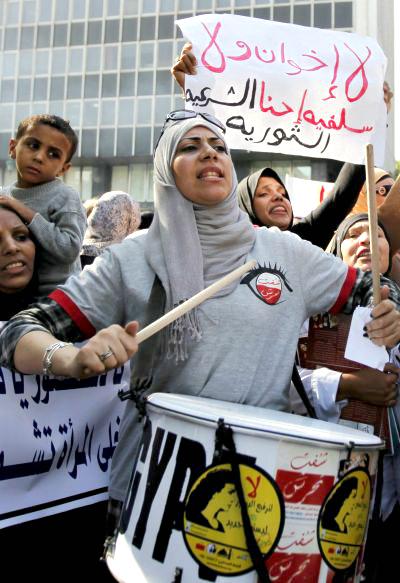
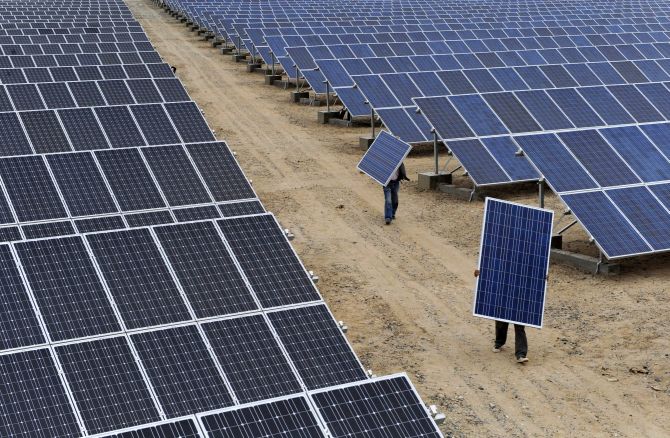
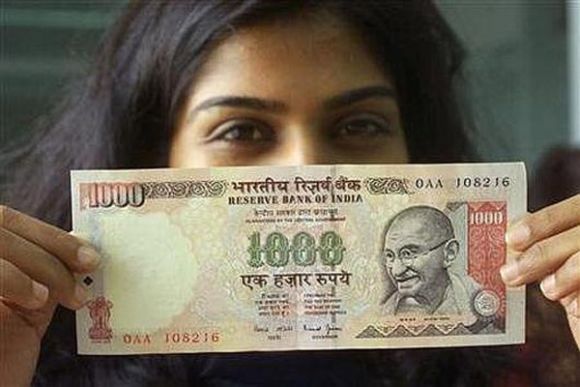
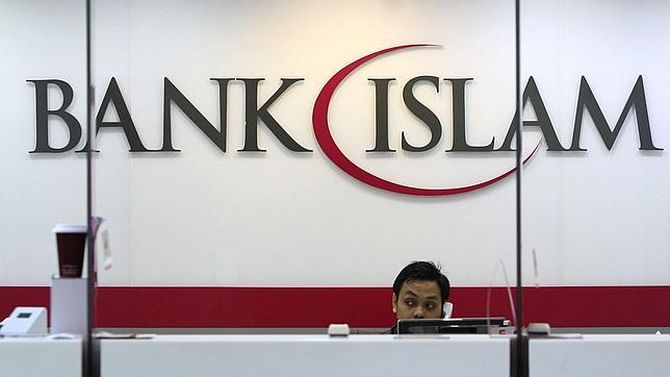
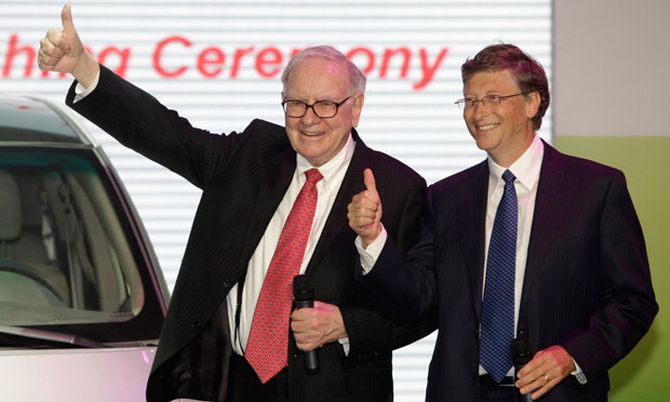

article